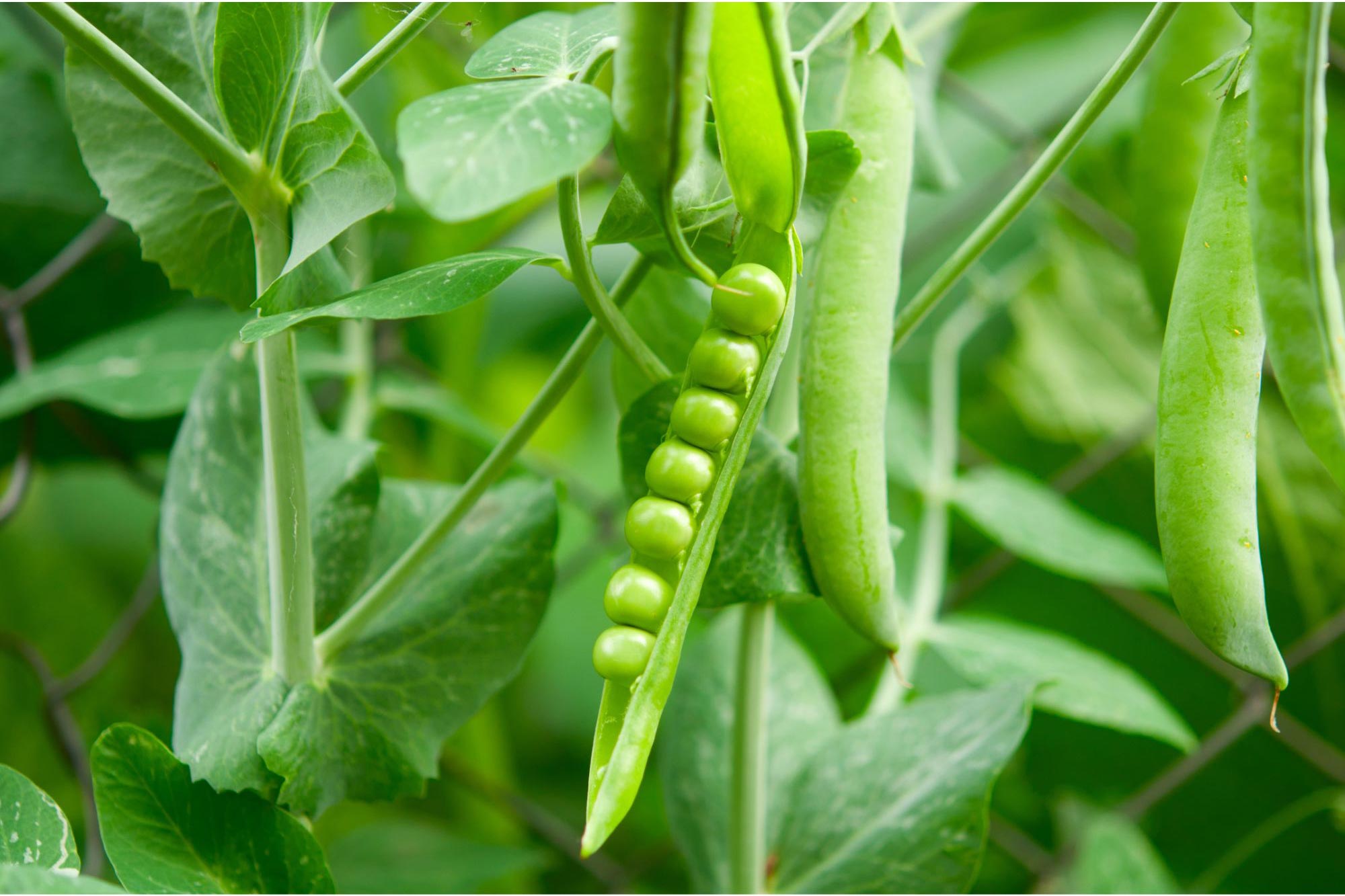Gregor Mendel's Magical Peas: How a Monastery Garden Revolutionized Genetics Forever

In a groundbreaking scientific endeavor, researchers have unveiled a comprehensive genomic map of peas, bridging historical botanical research with cutting-edge genetic science. More than 160 years after Gregor Mendel's revolutionary experiments with pea plants first illuminated the fundamental principles of inheritance, an international team of scientists has taken his pioneering work to new heights.
This global collaboration has meticulously charted the genetic diversity of peas, offering unprecedented insights into plant genetics and breeding potential. By revisiting and expanding upon Mendel's original traits, researchers have created a powerful tool that promises to revolutionize sustainable agriculture and crop development.
The genomic mapping represents a significant milestone, providing plant scientists and agricultural experts with a detailed genetic blueprint that could accelerate breeding programs. This research not only honors Mendel's legacy but also demonstrates how modern scientific techniques can build upon historical discoveries to address contemporary agricultural challenges.
With climate change and global food security becoming increasingly critical issues, this comprehensive genetic study of peas offers hope for developing more resilient, productive, and nutritious crop varieties. The research stands as a testament to the enduring power of scientific curiosity and collaborative international research.
